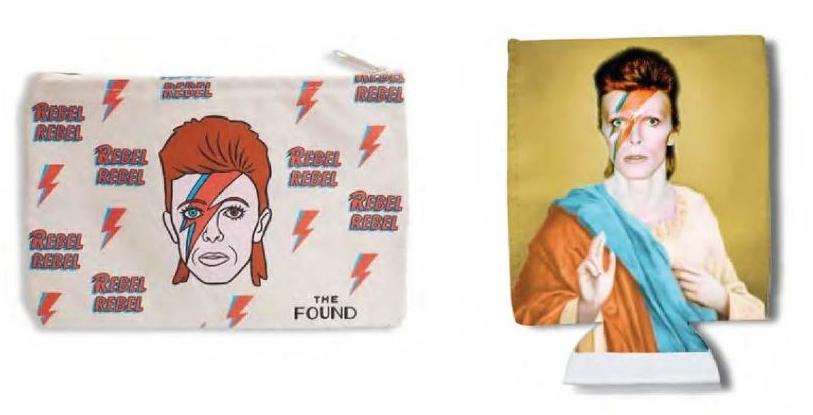Morals clauses in talent agreements can fuel cancel culture.
Jeep featured Bruce Springsteen in an ad that aired during Sunday’s Super Bowl. Since then, news broke that Springsteen had been arrested almost three months prior for drunk driving. So Jeep pulled further use of the ad.
This scenario shines light on a key provision in the contract that celebrities and brands typically sign. An agreement of this sort will contain a “morals clause”. Here is the language of a typical clause like this (this is just an example of such a clause – not the one in the Jeep/Springsteen agreement):
Company will have the right to terminate this Agreement for cause, which includes, without limitation, . . . commission of any act (in the past or present) which degrades Talent, Company or the Products or brings Talent, or Company or the Products into public disrepute, contempt, scandal or ridicule. Upon termination for cause, Company shall have no further obligation to Talent (including, but not limited to, any payment obligations).
Companies want these provisions for obvious reasons – if the face of the company comes under public scrutiny for any bad reason, the company needs a method to part ways. Talent with more negotiating power may be able to narrow the scope of the circumstances in which the company can terminate the agreement. For example, it could require actual conviction of a serious crime.
One problem, however, particularly for talent, is how broadly morals clauses can be written. The example clause above is broad and vague. And note how the language in this example pulls in past conduct as well (old tweets, anyone?). Given the polarized character of modern public discourse, just about everything done in public is subject to contempt, scandal or ridicule by at someone. These clauses provide the means for the commercial side of cancel culture to flourish.
Evan Brown is an intellectual property and technology attorney in Chicago.



